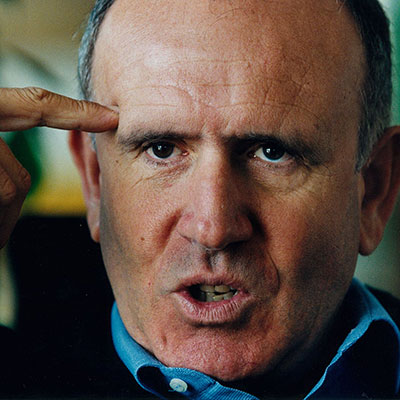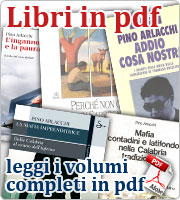More than £2m worth of sales made last year to a government which has been accused of extensive human rights violations
Sri Lanka has been accused of extensive human rights violations in relation to its treatment of its Tamil minority and the suppression of armed separatists.
Small arms weaponry, ammunition and various other military equipment were among millions of pounds' worth of goods exported last year from Britain to Sri Lanka under licences for arms and other closely regulated exports.
Statistics taken from the British government's own database for strategic export controls show items ranging from assault rifles and shotguns through to weapons sights, pistols and ammunition were sold last year to the South Asian nation's government, which has been accused of extensive human rights violations in relation to its treatment of its Tamil minority and the suppression of armed separatists, who have also been acused of abuses.
More than £2m worth of sales last year fell into the "ML1" category – which is used by the government to denote small arms and weapons – according to figures scraped from the government's database for strategic export controls by the Campaign Against the Arms Trade (CAAT).
Sri Lanka is listed by the Foreign Office as a "country of concern" because of its human rights record.
In a December update, the Foreign Office also said the human rights situation there had been marked by negative developments over the last three months.
A spokesperson for the Department for Business, Innovation and Skills (BIS) said it does not comment on individual licence requests, the application or the end user, but added: "The UK government takes its export licensing responsibilities seriously and operates one of the most rigorous arms export control regimes in the world.
"Any application to export a product covered by an export control is assessed against internationally recognised criteria on a case-by-case basis.
"Each assessment we make takes into account the intended end use of the equipment, the behaviour of the end user, the risk of diversion and the prevailing circumstances in the country concerned. We pay particular attention to allegations of human rights abuses."
More than 30,000 civilians died during fighting between militant Tamil separatists from the Liberation Tigers of Tamil Eelam (LTTE) and the Sri lanka's armed forces in battles that culminated in the total defeat of the LTTE in May 2009.
The Sri Lankan military has been held responsible for most of those deaths by many observers and is accused of indiscriminately shelling areas where a small number of fighters were mixed with huge crowds of refugees. Authorities have denied the charge.





 Non sono una persona complicata. La mia vita pubblica ruota intorno a due cose: il tentativo di capire ciò che mi circonda, da sociologo, e il tentativo di costruire un mondo più decente, da intellettuale e militante politico.
Non sono una persona complicata. La mia vita pubblica ruota intorno a due cose: il tentativo di capire ciò che mi circonda, da sociologo, e il tentativo di costruire un mondo più decente, da intellettuale e militante politico.




